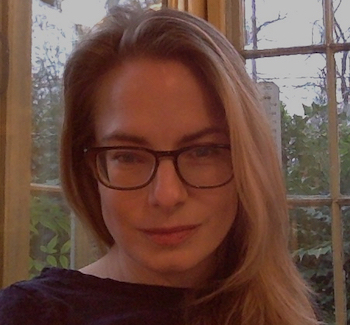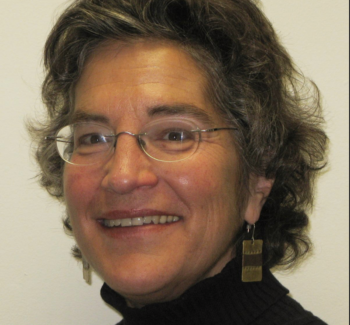If you would like to dig deeper on the issues we discussed in this episode, and hear more from our guest Phyllis Bennis, we suggest the following resources:
For basics on Israel/Palestine, no matter your level of expertise, check out Phyllis Bennis’ Understanding the Palestinian-Israeli Conflict: A Primer, now in its seventh edition.
For a discussion of the connections and parallels between racial injustice in the U.S., and oppression in Palestine, see Phyllis Bennis’ Why Palestinians Are Mourning George Floyd.
For more on the amputations epidemic resulting from the targeting of non-violent demonstrators in Gaza, see UN reporting here and Phyllis Bennis’ article on the subject here.
Going back in time a bit, we highly recommend listening to this interview, given in 1999 by Phyllis Bennis on the show Democracy Now!, where she reports on the state of Iraqi medical facilities after leading a delegation of Congressional staffers there to assess the impact of almost a decade of U.N. sanctions against the country. She references this trip in our interview, apropos of questions of Palestinian access to medical care in the occupied territories.


